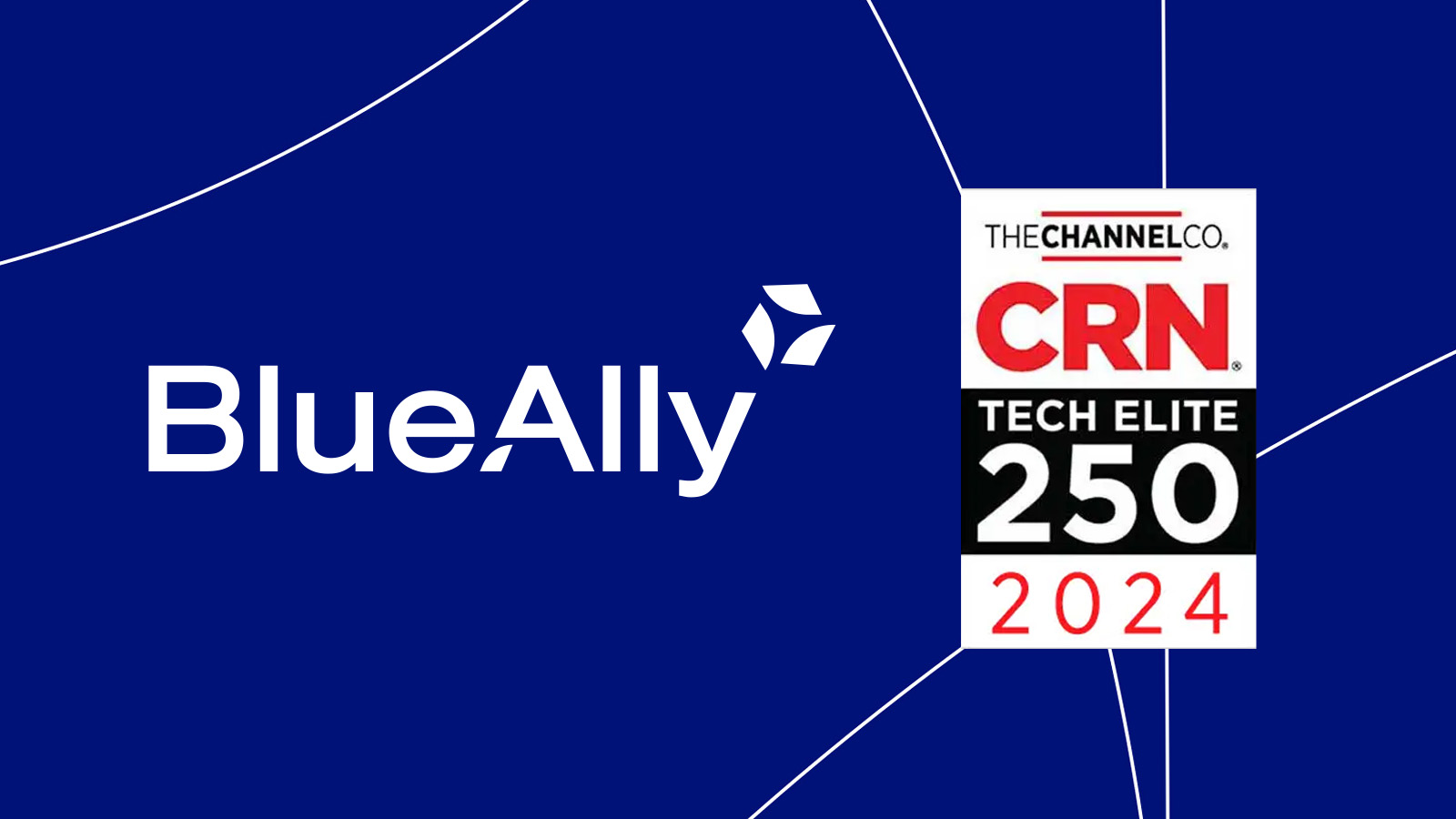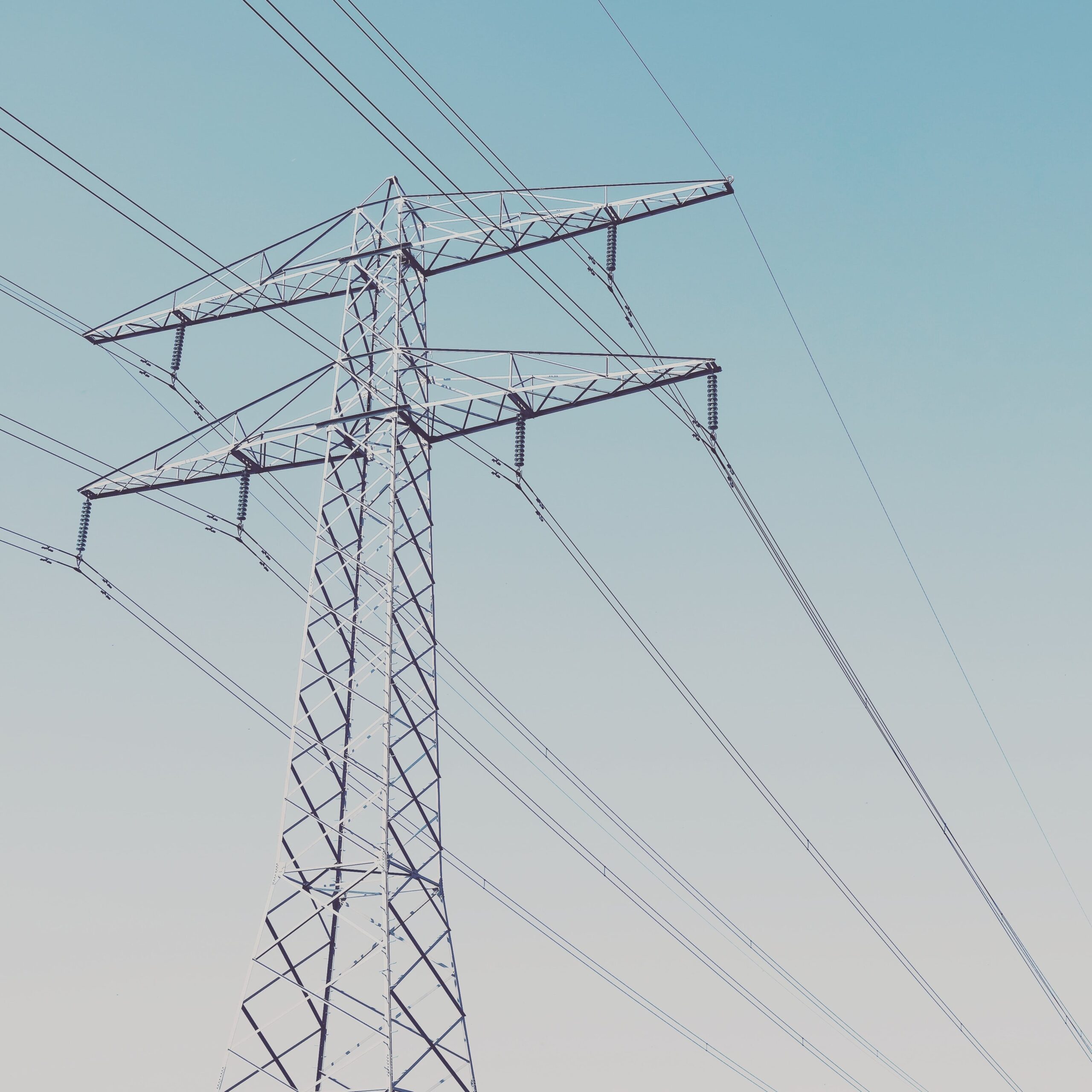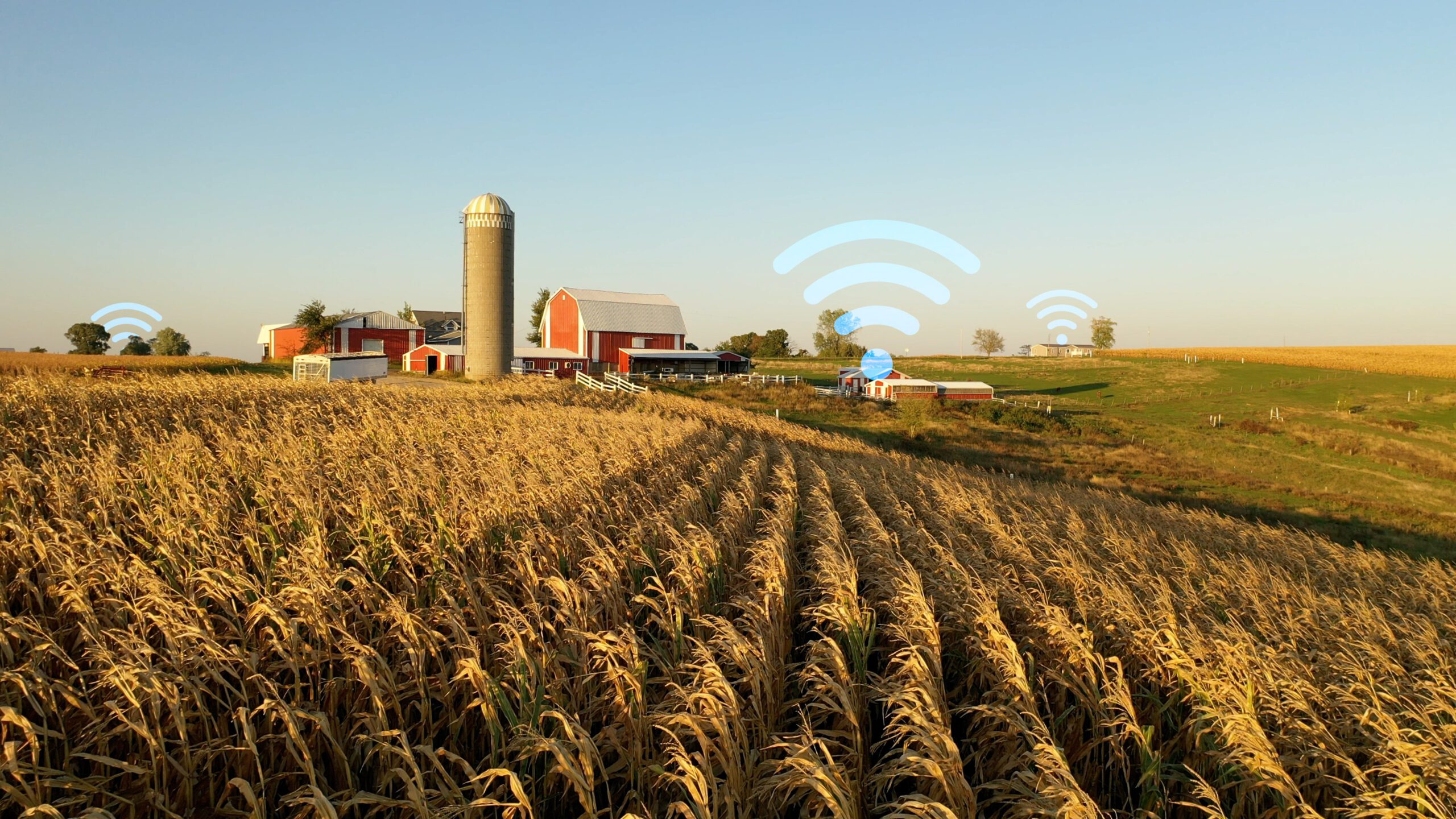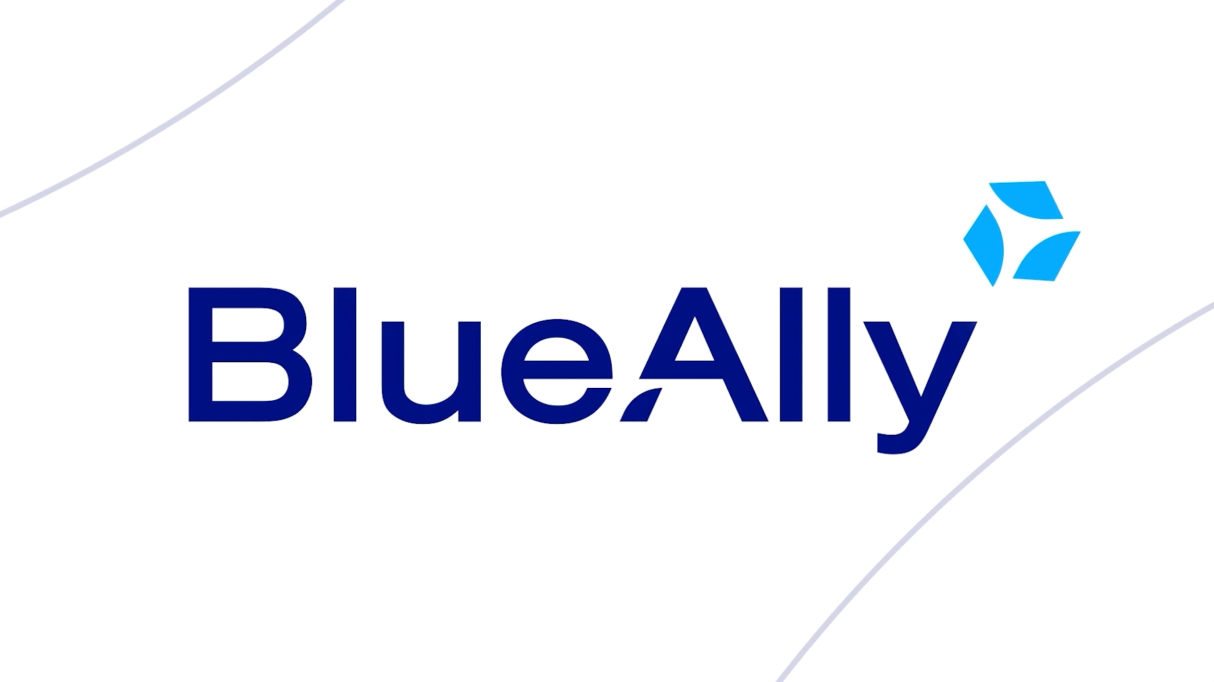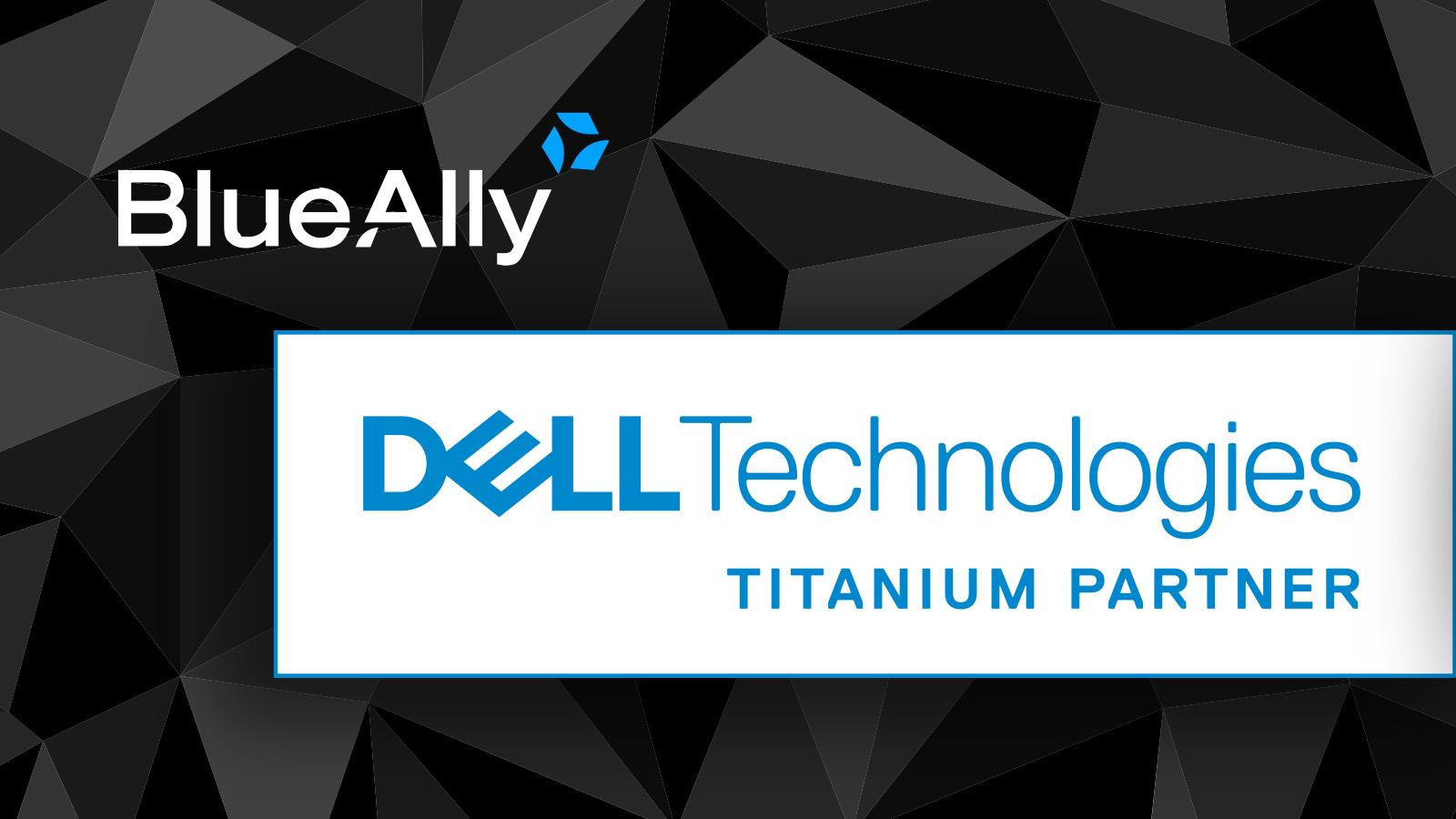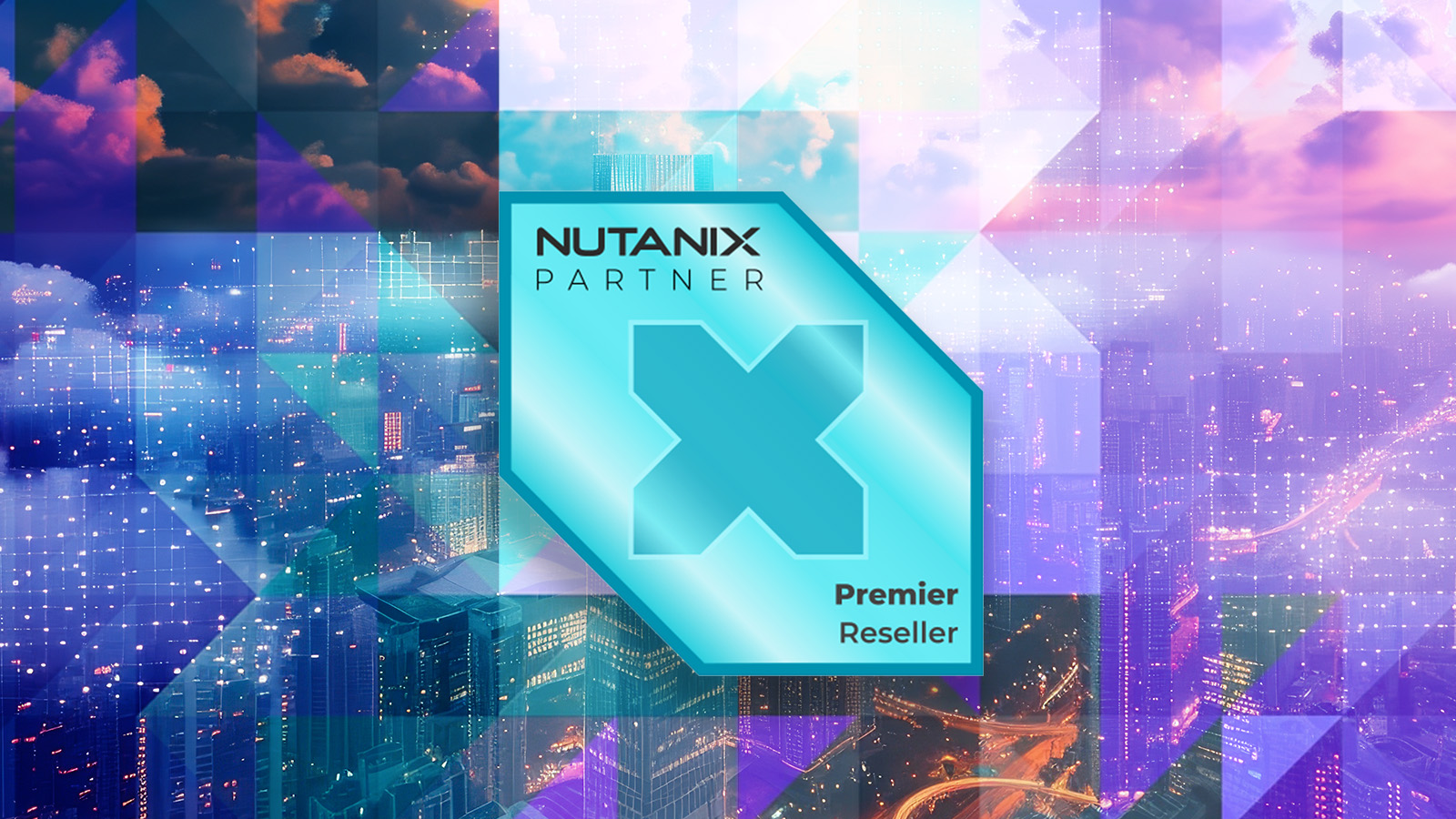 FEATURED
FEATUREDPETER WELCHER | Solutions Architect
This blog post is part of a series discussion Cisco IOT. It focuses on other IOT topics: Cisco Meraki, and IOT skillsets. It also includes even more IOT links for your reading list!
These topics are quite broad, so this blog contains a series of links for those seeking further information.
Why IOT? First, it is an expanding area of networking, with increasing use cases. Secondly, it is impacting current organizations, especially healthcare and retailing, but touching anything where new forms of sensor may provide valuable security or cost saving benefits, or enable new capabilities (better inventory, better products, etc.).
Blog Series Plan
Part 1: Background and Overview of Cisco IOT
- Introduction
- Perspective: What Skills Are Needed? Who Are the IOT Customers?
- Industrial Edge Computing
Part 2: Cisco IOT Hardware
- Industrial Routers
- Industrial Switches
- Industrial Wireless
Part 3: Other IOT Essentials
- Industrial Security
- Industry Use Cases
Part 4: Finishing IOT Touches (THIS BLOG)
- Meraki IOT
- IOT Skillsets
- More IOT Links
Part 5: The IOT Competition
- Juniper
- Aruba
- Arista
Meraki IOT
Meraki IOT is (currently) all about INDOOR sensors. The selection as of this writing covers: temperature (e.g. cold storage), water leaks, access to IT infrastructure, air quality (CO2, total volatile organic compounds, particulates, humidity), noise levels, and door open-close.
They connect via Bluetooth Low Energy (BTLE) to Meraki MR access points or Meraki MV smart cameras, which gateway them to the Meraki dashboard, which is where you manage them.
For more details, see:
IOT Skillsets
As I explored online, I turned up a LOT of IOT training and skillset-related links, enough to keep you reading and studying for years. That’s in addition to building design, routing, and switching skills, to the extent they’re not someone else’s responsibility.
IOT Books
I researched this (obvious) topic just to see what came up while following up on a new book that was mentioned on LinkedIn.
There is clearly no shortage of books on IOT. You probably need to look for one that aligns with your interests.
Cisco: IOT Specializations Links
Cisco specializations are of course key if you’re looking for a career path, pay raises, etc. They provide useful goals, and the study guides then help you figure out what to study.
Here are some links I found.
- https://www.netacad.com/courses/iot (see below as well)
- Two new IOT specializations coming in 2024: “… one for industrial and one for non-industrial use cases. The two IoT specializations will be available in February to partners.”: https://www.crn.com/news/networking/cisco-solution-specializations-new-incentives-will-align-partners-with-subscription-economy-exec
Cisco Network Academy IOT Courses
At the time of this writing, Cisco Network Academy lists four “IOT & Analytics” courses at https://www.netacad.com/courses/iot. The course descriptions sound fairly basic, but good useful – and a Hackathon could be fun!
Here are the course-specific links:
I also found:
- Cisco “Introduction to IOT and Digital Transformation” (free): https://skillsforall.com/course/introduction-iot?courseLang=en-US
Cisco IOT Certifications
I found the following Cisco IOT certifications and exams:
- IOTASE (IOT Advantage for System Engineers):
- IOTSE (IOT Essentials for System Engineers): https://www.cisco.com/c/en/us/training-events/training-certifications/exams/current-list/700-821-iotse.html
- IOTAAM (IOT Advantage for Account Managers): https://www.cisco.com/c/en/us/training-events/training-certifications/exams/current-list/iot-advantage-for-account-managers.html
- IOTAM (IOT Essentials for Account Managers): https://www.cisco.com/c/en/us/training-events/training-certifications/exams/current-list/700-826-iotam.html
- DEVIOT (Developing Solutions using Cisco IOT and Edge Platforms): https://www.cisco.com/c/en/us/training-events/training-certifications/exams/current-list/deviot-300-915.html
Here’s a TechTarget blog with links to various IOT courses (including non-Cisco generic ones): https://www.techtarget.com/iotagenda/tip/7-IoT-training-certifications-to-take-your-next-career-step
More Links!
The following provides other IOT links that I hope will be useful to you.
Cisco: IOT Overall Links
There are of course the main Cisco IOT pages:
- Main IOT web subtree: https://www.cisco.com/c/en/us/solutions/internet-of-things/overview.html
- Industrial IOT root: https://www.cisco.com/site/us/en/products/networking/industrial-iot/index.html
Not surprisingly, the Resources tab for the Industrial IOT root link above contains many resource links.
One that looks like a nicely self-contained (and reasonably concise) read is a 39-page PDF document covering the Cisco Industrial IOT Portfolio: https://www.cisco.com/c/dam/en/us/solutions/collateral/internet-of-things/industrial-iot-portfolio-brochure.pdf
That Resources tab has lots of other great links. There are also videos and tools links on that page.
In particular, note the Integrated Industrial Edge Compute blog. It goes into including containerized apps on Cisco router and switches: https://blogs.cisco.com/energy/integrated-industrial-edge-compute.
Cisco: Recent IOT Blogs
Here are a couple of recent IOT blogs that may provide more information on Cisco IoT developments:
Other IOT Links
And here are some related links that might be of interest. I have separate short blogs summarizing some of these or similar narrow IOT topics that should appear later.
- BTLE or BLE (BlueTooth Low Energy) for sensors etc.: https://spaces.cisco.com/applications-of-ble-in-iot-solutions/
- Lithium Ion battery-based UPS for field IOT: https://gestaltit.com/tech-field-day/sulagna/boosting-battery-life-with-ventevs-integrated-ups-power-system/
- EU regulations and coming external access to (IOT) data: https://blogs.cisco.com/news/unlocking-industrial-data-the-eu-data-act
- General IOT Certifications: https://ca.indeed.com/career-advice/career-development/iot-certification-to-enhance-resume
Conclusion
There is a LOT of good material to help educate yourself about IOT !
Reading between the lines, the Network Academy training appears a bit basic, perhaps intended to seed the market. The market may need a fair number of entry-level staff due to the number of IOT devices and geographic ranges requiring support.
The specializations appear to be a bit more of a self-study situation, perhaps because IOT is still somewhat specialized and currently requires fewer technical staff with those specializations?






